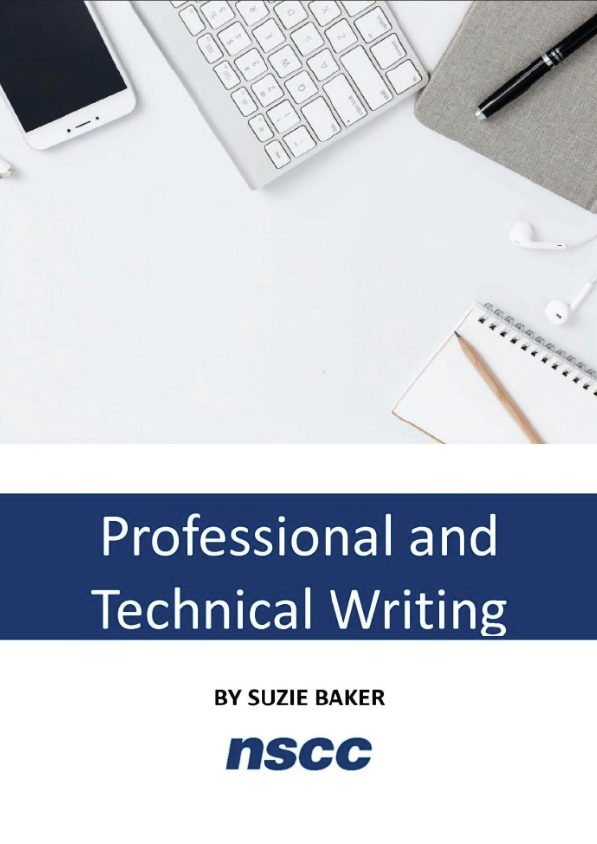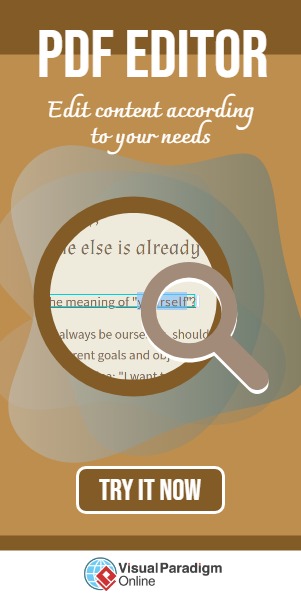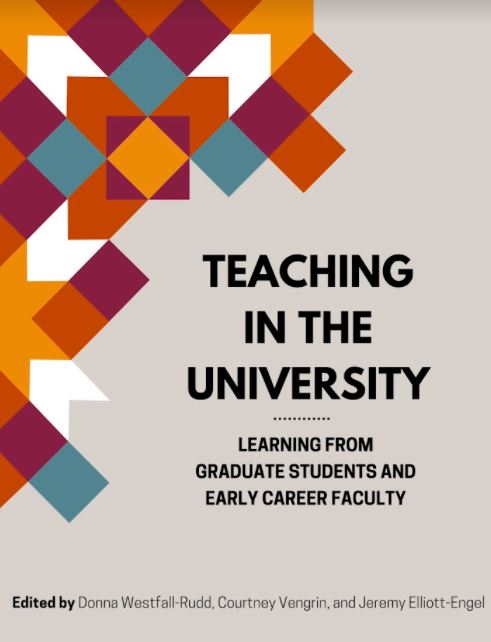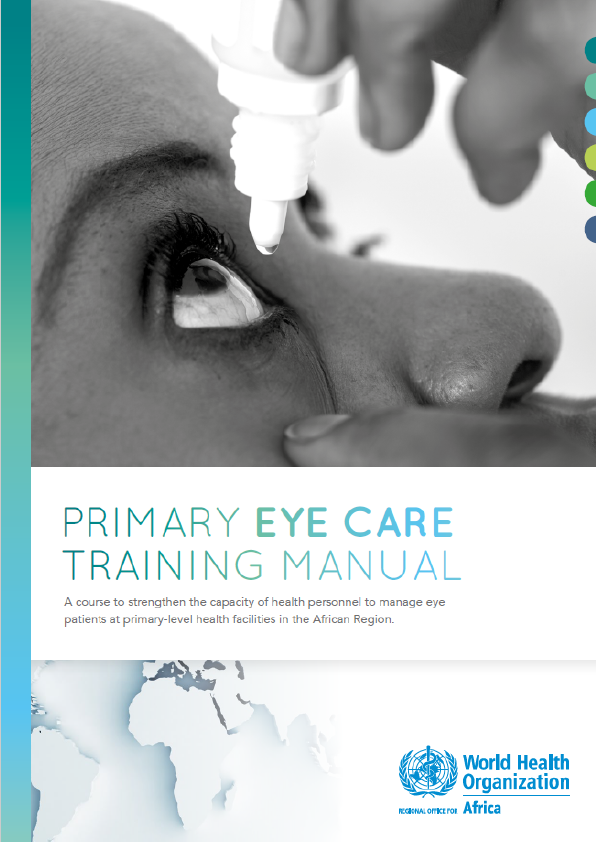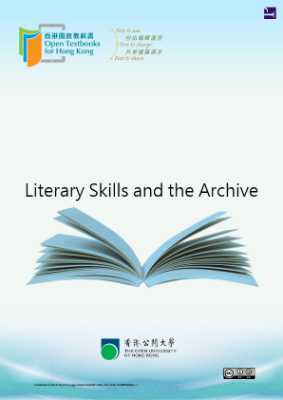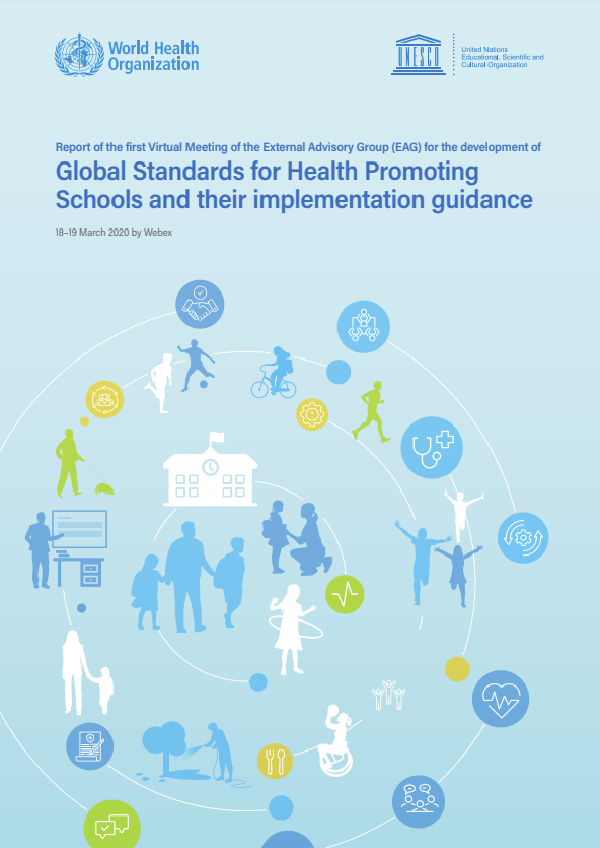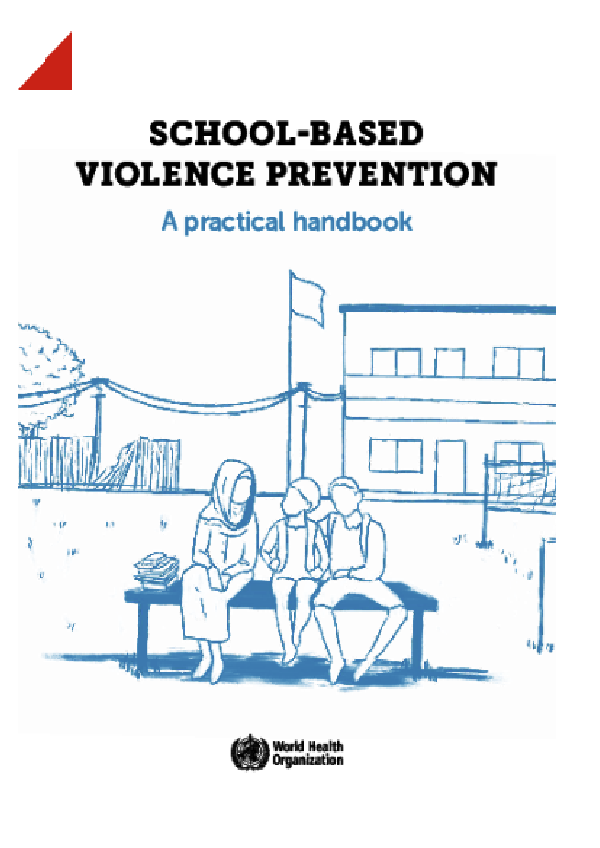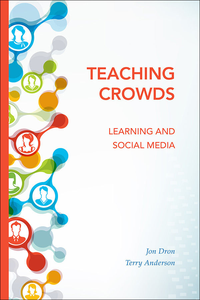Communication is an activity, skill, and art that incorporates lessons learned across a wide spectrum of human knowledge. Perhaps the most time-honored form of communication is storytelling. We’ve told each other stories for ages to help make sense of our world, anticipate the future, and certainly to entertain ourselves. The art of storytelling draws on your understanding of yourself, your message, and how you communicate it to an audience that is simultaneously communicating back to you. Your anticipation, reaction, and adaptation to the process will determine how successfully you are able to communicate. You were not born knowing how to write or even how to talk—but in the process of growing up, you have undoubtedly learned how to tell, and how not tell, a story out loud and in writing.
You didn’t learn to text in a day and didn’t learn all the codes—from LOL (laugh out loud) to BRB (be right back)—right away. In the same way, learning to communicate well requires you to read and study how others have expressed themselves, then adapt what you have learned to your present task—whether it is texting a brief message to a friend, presenting your qualifications in a job interview, or writing a business report. You come to this text with skills and an understanding that will provide a valuable foundation as we explore the communication process.
Effective communication takes preparation, practice, and persistence. There are many ways to learn communication skills; the school of experience, or “hard knocks,” is one of them. But in the business environment, a “knock” (or lesson learned) may come at the expense of your credibility through a blown presentation to a client. The classroom environment, with a compilation of information and resources such as a text, can offer you a trial run where you get to try out new ideas and skills before you have to use them to communicate effectively to make a sale or form a new partnership. Listening to yourself, or perhaps the comments of others, may help you reflect on new ways to present, or perceive, thoughts, ideas and concepts. The net result is your growth; ultimately your ability to communicate in business will improve, opening more doors than you might anticipate.
As you learn the material in this text, each part will contribute to the whole. The degree to which you attend to each part will ultimately help give you the skills, confidence, and preparation to use communication in furthering your career.
Communication is key to your success—in relationships, in the workplace, as a citizen of your country, and across your lifetime. Your ability to communicate comes from experience, and experience can be an effective teacher, but this text and the related business communication course will offer you a wealth of experiences gathered from professional speakers across their lifetimes. You can learn from the lessons they’ve learned and be a more effective communicator right out of the gate.
